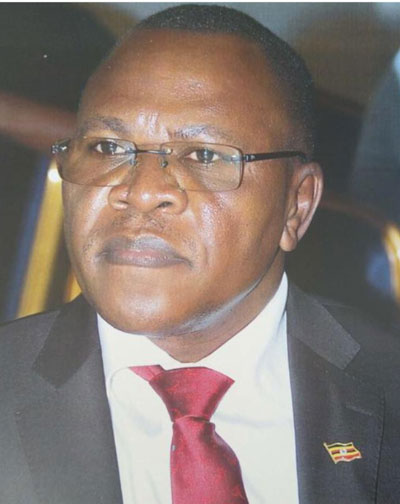
COMMENT | DR MAXWELL ONAPA | The current debate about the quality of education, and of course the exam results that follow, is an area that should interest everyone as we are all either parents, students, or sponsor someone in the education sector. Many of us are also employers who are impacted by the quality of education in the country.
One issue of debate, whenever UNEB releases results, or when the Universities organize their graduation ceremonies, is, what is the quality of the students compared to the past. I now believe there are so many factors that have led to the “excellent” performance in exams we see these days.
From anecdotal and empirical facts, I can highlight the following factors:
EXAM-CENTRIC EDUCATION
Students focus on rote learning and make no effort to explore knowledge outside what is examined. This inculcates a culture of cramming and recall to memory, which the current generation have perfected as competition for the spotlight has increased.
LIBERALISATION/COMMECIALISATION
The liberalization and therefor commercialization of education has led to cutthroat competition for students by schools (mostly private ones). Students and parents these days prefer to go a school that will ‘guarantee entry’ into the university.
AT ANY COST
The more elite students a school can attract, the more money the school is guaranteed to generate by charging literally any amount. Wealthy parents will have no qualms parting with any amount of school fees as long as they are sure their children will pass and join any of the top universities (and also get government sponsorship)
EXAMS TRICKS
Exam cheating is increasingly being reported across the country and the Ministry of Education is annually coming out with new measures to stop the vise. Schools cheat to enhance the performance of their students. Because they are rarely caught, they use the “excellent performance” of their students as a marketing tool to attract elite students, and the vicious cycle that drives today’s education sector, continues
OLD QUESTIONS
The predictable nature of examination questions is becoming a key factor that the Ministry of Education should look at to salvage the reputation of their annual excercise. Similar questions have been recycled over the years. Smart and experienced teachers who also double as examiners have mastered these and can accurately predict UNEB questions
THE INTERNET
Ubiquitous sources of information have changed the learning and researching landscape. With the advent of internet, students can get immense quantity of information that is not available locally. In the past, students only got “facts” from their teachers and textbooks. Students can now get easy-to-understand info from a variety of sources including inter alia the internet, TV, Newspapers….
FIRST CLASS DEGREES?
Most of the contemporary first class degrees that students are raking from the ubiquitous universities is questionable, if you look closely.
I have interviewed many candidates who flunked the A levels and failed to gain admission into the popular public universities but found their way into private universities and walked away with first class or upper second degrees. The performance of a majority of them is dismal! I opine that some of the private universities use award of first class degrees as a marketing tool to attract students (who wouldn’t like a first class degree anyway!)
MASS EDUCATION
Mass-ification of education at the university has led to poor pedagogical approaches. How does one lecture effectively or attend to and mark scripts of hundreds, if not thousands of students? The easy way to get round it is to set objectives questions rather essays.
In the past a candidate would be required to write an essay. Gradually the quality of questions were lowered from essay to objectives questions then to true or false. No critical thinking is required!
******

The author is Dr Maxwell Onapa BVM, MSc, PhD, MBA, Dip ICT leadership &KS
 The Independent Uganda: You get the Truth we Pay the Price
The Independent Uganda: You get the Truth we Pay the Price

